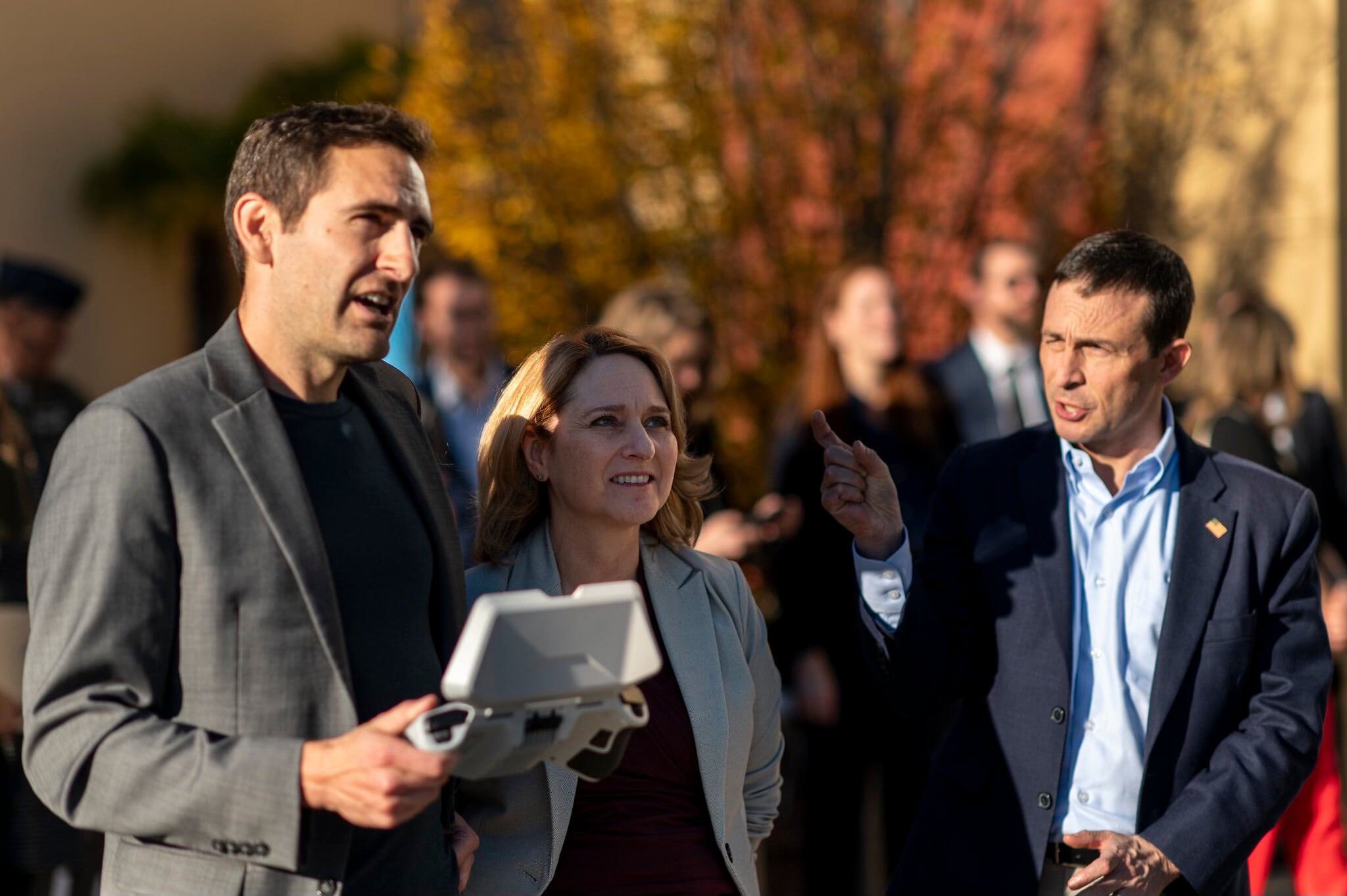Despite the physical gains made against ISIS over the past several months, one top military leader believes the group will try to “resurge” in the virtual space.
“Although the physical caliphate significantly has been reduced, what we think that will cause them to do is increase that virtual caliphate,” Lt. Gen. Stephen Fogarty, commander of Army Cyber Command, told reporters during a media roundtable in July.
The military, and specifically the anti-ISIS cyber offensive called Joint Task Force-Ares he commands for U.S. Cyber Command, has not seen a reduction in business, Fogarty explained. Rather, the force has had to look globally to understand where ISIS is moving its operations as it loses its physical sanctuaries it once held in Iraq and Syria.
Part of ISIS’s power, Fogarty reiterated during a keynote presentation Aug. 21 at TechNet Augusta, was their ability to hit a worldwide audience, inspire recruits and look much larger than they were.
They use social media and cyber as important parts of their information operations toolkit to promote their message, Fogarty said, explaining how they can hit people who are predisposed to either their message or at least are distrustful of Western press.
“As long as they can promote that, frankly, our kinetic effects in theater will not be able to completely destroy them,” he said. “They can keep the idea alive.”
However, the U.S. has its tactics and procedures down and JTF-Ares really brought together all the service cyber components and reflects a joint, international, combined operation, Fogarty said. This allows the U.S. to pass operations off to other elements — combatant commands, someone in the interagency or foreign partners — depending on where factions of ISIS may move.
Mark Pomerleau is a reporter for C4ISRNET, covering information warfare and cyberspace.







